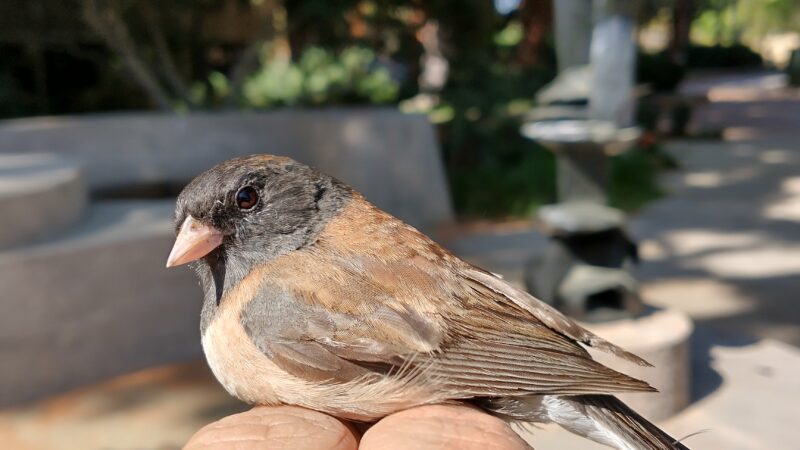 Awardee: Wilmer Amaya-Mejia
Awardee: Wilmer Amaya-Mejia
Bio: Wilmer is currently a second-year Ph.D. student in the Yeh Lab at UCLA’s Ecology and Evolutionary Biology department. They received their undergraduate degree in Biology from Virginia Commonwealth University and master’s degree from San Francisco State University. They worked as an animal technician, where they developed molecular techniques, which are now being used to investigate ecological and evolutionary concepts. They are interested in understanding the disease ecology and eco-immunological responses of birds to address conservation and human health concerns. Wilmer hopes to increase interest in wildlife and encourage greater diversity within science and ecology through their work.
Project Description: Urbanization and disease are independently associated with the decline of the global decline of bird populations; however, their collective impact is still unclear. The dark-eyed juncos of southern California provide a valuable model system to answer this question of urban-disease ecology. This study evaluates how social structures of humans, through redlining, shape parasite communities and determine how transcriptomic responses of juncos with parasitic infections vary between urban habitats of Los Angeles and the undisturbed habitats of the Santa Monica Mountains. This research will provide insight into the correlation between humans and wildlife disease and allow for the development of risk-assessment strategies to curb the continued decline of avian populations.

